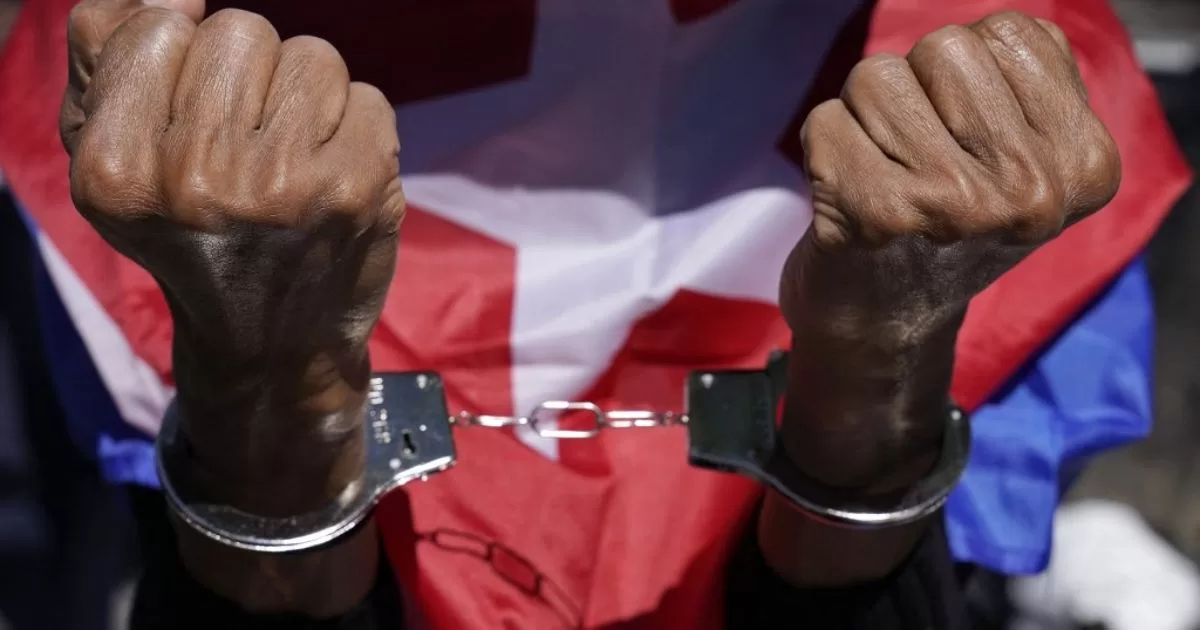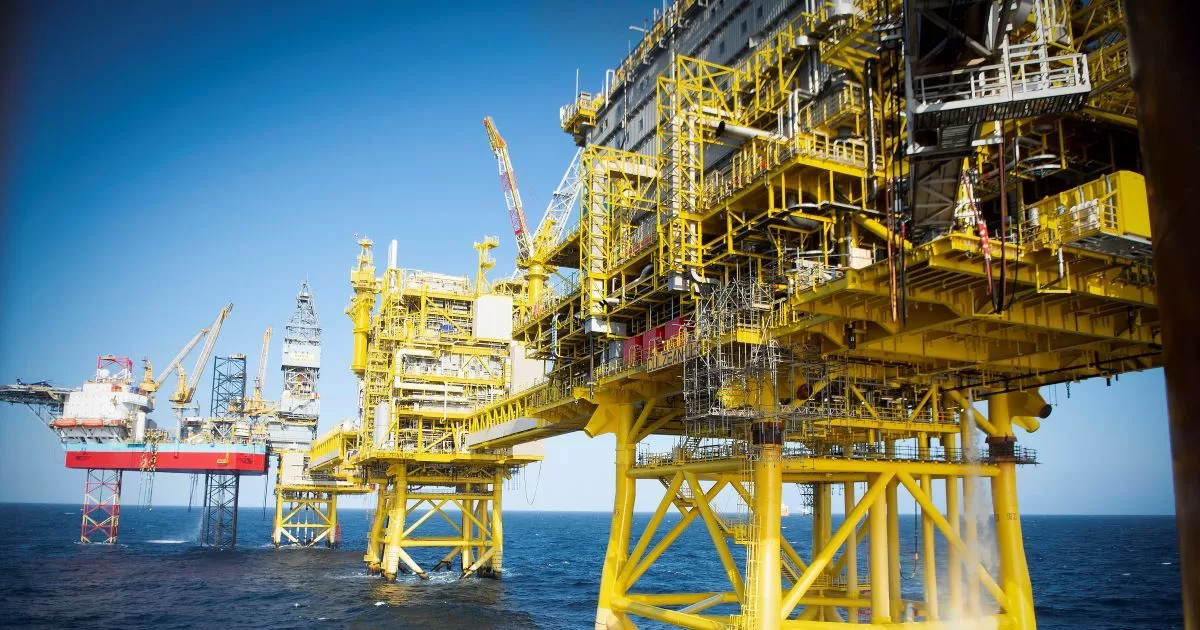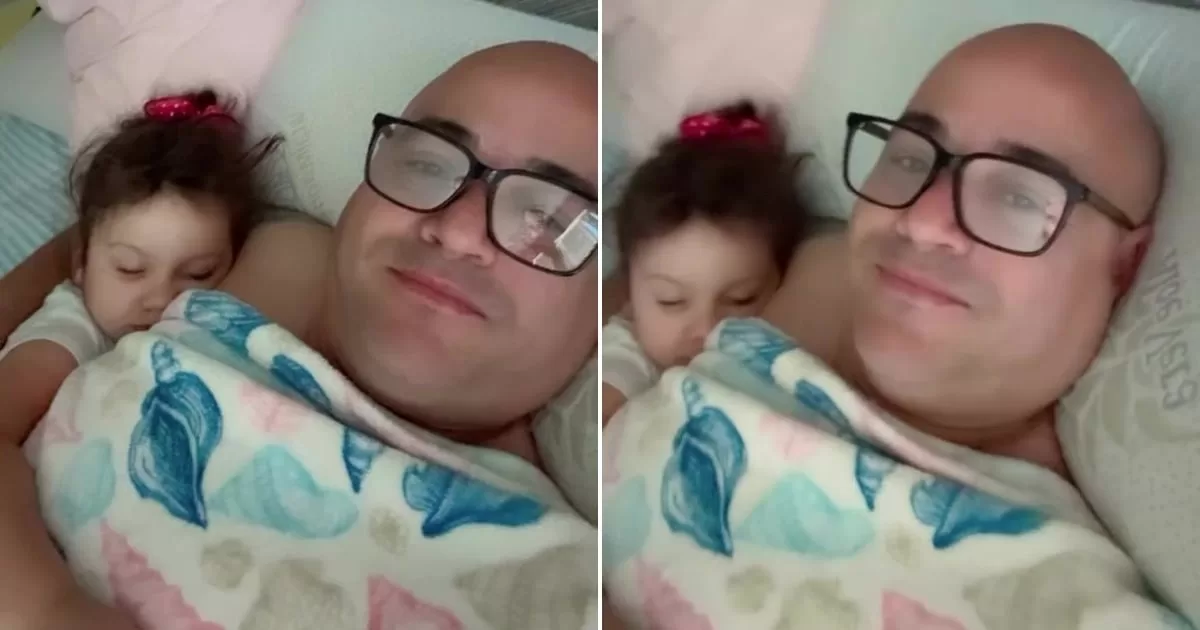He Decree-Law 81/2023 “On the special labor regime for persons deprived of liberty who work inside or outside penitentiary establishments” was approved by the Council of State of Cuba in November and was published in the Official Gazette of the Republic on January 17.
“Goals”
Its objective, according to its Article 1, is “to establish the special labor regime applicable to Cuban or foreign natural persons, who are serving criminal sanctions in penitentiary establishments, hereinafter people deprived of liberty, who join work inside or outside of said establishments during the criminal sanction or precautionary measure of provisional detention imposed”.
In accordance with Article 2, this norm “regulates the legal work relationship established between the person deprived of liberty capable and willing to work and the penitentiary authority, for the development of a subordinate paid labor service; “It also applies to those who are serving a precautionary measure of provisional detention in the Cuban prison system.”
“Excluded from the decree”
Activities that are part of the educational process in the penitentiary establishment are excluded from the decree-law.
The rights recognized by persons deprived of liberty include, according to Article 8, a) Being selected for work activity, in accordance with their preparation, except in cases where they are prevented from exercising any position or activity.
a) as provided in the judicial resolution or for reasons of prison security.
b) receive financial remuneration for the work performed and its work results, in accordance with the form and payment system applied.
c) access training in the required trades and receive instruction on the procedure to claim your rights.
d) be informed of the obligations and powers of the position, the occupational risks to which one is exposed and the measures established to avoid accidents or illnesses.
e) know the internal disciplinary regulations of the entity where you work, as well as the rest of the regulatory provisions that apply.
Obligations or convenience?
Among the obligations are:
g) pay with the income they receive, the material or civil liability derived from the crime, when this is imposed.
h) pay the support of minor children, people in vulnerable situations and others under their economic dependence or any other monetary obligation established by judicial resolution.
i) comply with the internal provisions of the entity where they work.
The norm, which replaces Decree-Law 243, “On the social security of those criminally sanctioned with deprivation of liberty or its subsidiary sanctions, who work”, of April 4, 2007, is progressive in its content.
However, the rule leaves in doubt the benefit for Cubans imprisoned for political reasons, since complaints from activists and relatives about the denial of rights such as the change of prison regime, transfer to camp, conditional release and family and conjugal visits are frequent. .
Concerns
The best-known case with international reach is that of José Daniel Ferrer, leader of the Patriotic Union of Cuba (UNPACU). At the end of December, his wife, doctor and activist Nelva Ismaray Ortega Tamayo, said that the political prisoner was denied the right to receive a visit from his family for the ninth consecutive time and a marriage visit for the tenth time. Would the Cuban regime allow the UNPACU leader to work outside of prison?
On the other hand, the situation in Cuba at the time when Decree-Law 81 arrives raises several questions: Does taking prisoners to work outside of penitentiary establishments and the usual construction areas or agricultural farms respond to the recognition of their rights or to the need for workforce in all state sectors? Could the loss of state workers, due to emigration or demotivation due to low salaries, be the reason for this rule?
Labor reform due to immigration crisis?
In February 2023, the general director of Productive Chaining of the AZCUBA Business Group, engineer Ángel Luis Ríos Riquenes, admitted that the migratory crisis and population aging were among the causes that hit the Cuban sugar harvest.
In August 2022, according to the media, it became evident that emigration was emptying the fields of young people.
Statistics from the United States Customs and Border Protection (CBP) show that the number of Cubans who arrived in the United States in 2022 (321,704) tripled the number of births reported by the Ministry of Public Health (MINSAP) of Cuba (95,211).
According to data from the Center for Demographic Studies of the University of Havana, The majority of Cubans who emigrate are between 19 and 49 years old.
Cuba, in addition, has a very high prison population. In 2022, a study by the Institute for Crime & Justice Policy Research (ICPR), prepared at the University of London, United Kingdom, placed the Island as the fifth country with the highest incarceration rate, based on the number of prisoners per 100,000 inhabitants.
The cost of keeping them locked up is very high for a country that is going through an acute crisis and whose State is no longer capable of even guaranteeing the products of the increasingly thin ration book, a problem that for the regime could be mitigated by covering the places with the work of prisoners who, in addition, could cover their own expenses.
Source: CUBA DIARY



